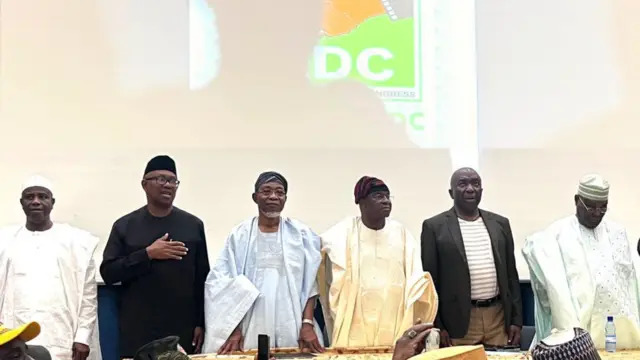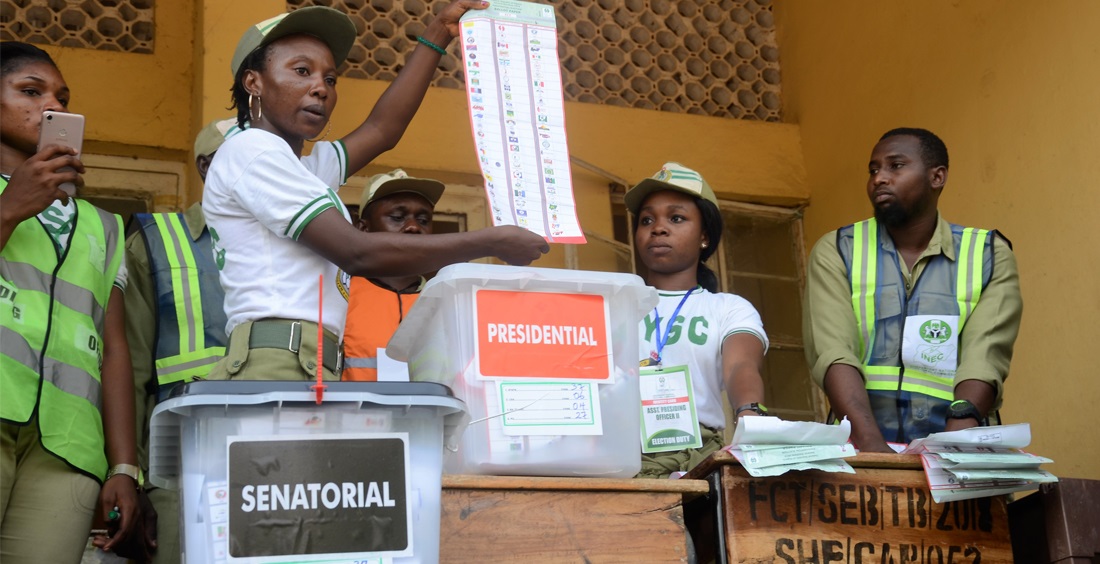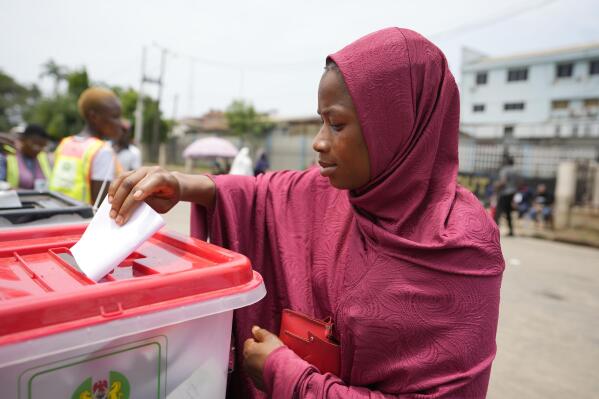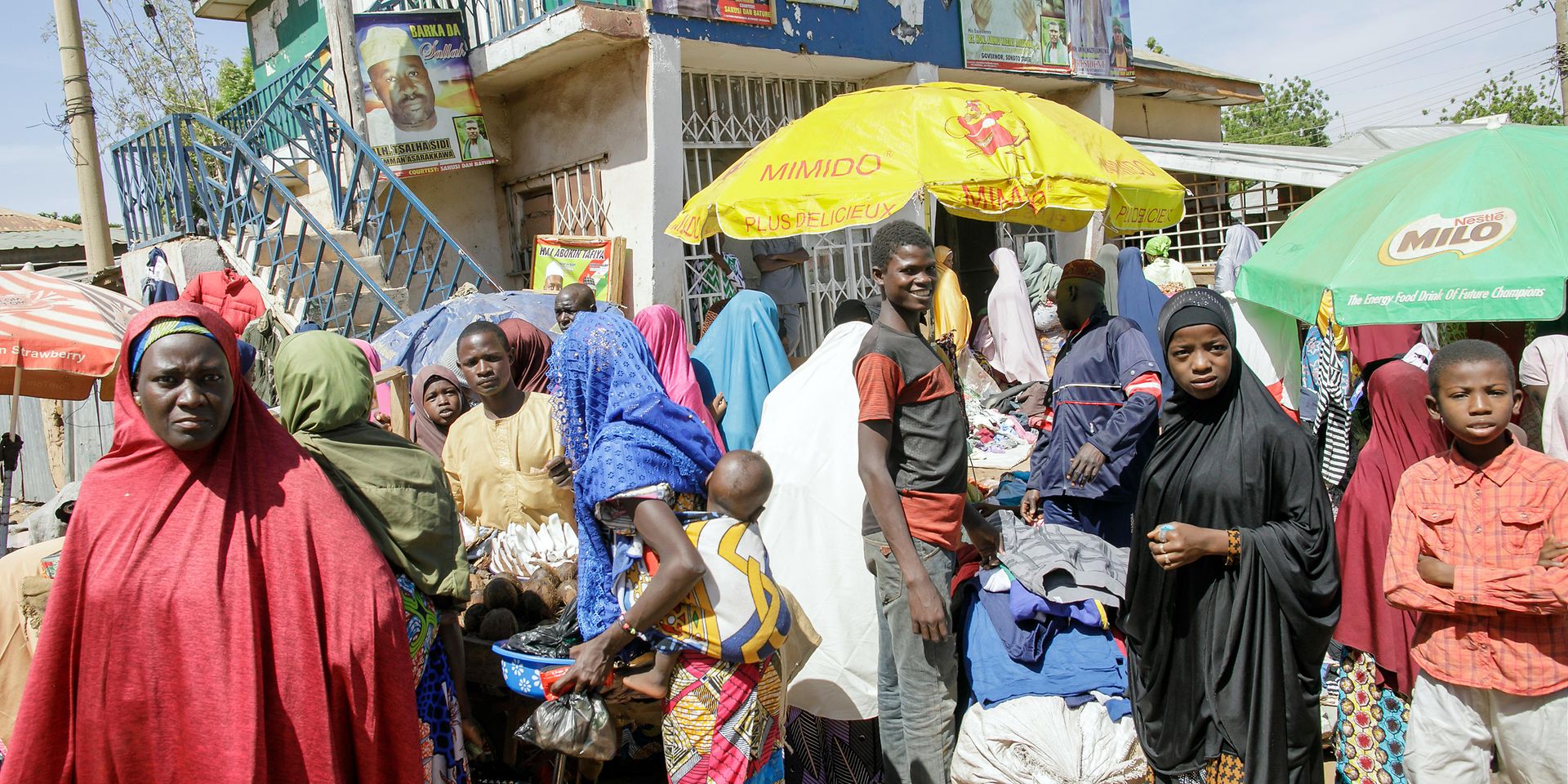- by Williams O.
- Jul 05, 2025
What Policymakers Must Understand About Street Survival in Nigeria

- By Williams O.
- • Wed, Jul 16 2025
- • in People & Politics
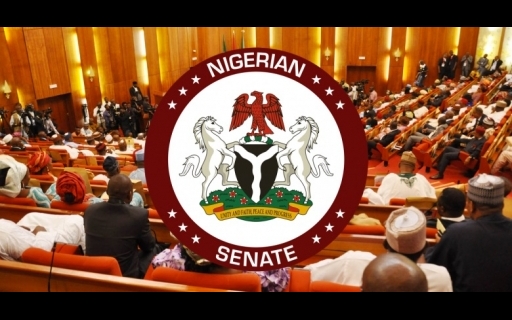
Most government policies in Nigeria are written from the top. In air-conditioned offices, with charts, presentations, and projections. But Nigeria doesn’t live in those rooms. Nigeria lives in the streets.
Before you write a policy on paper, walk through the streets of Lugbe at 7am and see how people survive.
Williams O. Omodunefe
In the dust and heat.
In the tension of Monday mornings.
In the panic of choosing between fuel and school fees.
And if we’re going to fix this country, we must stop designing for the theoretical Nigerian and start listening to the real one.
🛣️ 1. The Streets Don’t Wait for Monthly Salaries
In the formal economy, things move on monthly timelines; salaries, budgets, planning.
But the street economy moves by the hour.
The woman selling fruit is calculating by today’s sun and crowd.
The vulcanizer on the roadside hopes for at least one punctured tire by 3pm.
The man hawking snacks in traffic is praying a car window rolls down.
They survive moment to moment.
Any policy that takes months to “kick in” must include short-term shock absorbers. Or it will crush the people it claims to serve.
🧾 2. Survival Is Expensive for the Poor
Most people think the poor live cheap. That’s not true.
Poor people often pay more per unit for everything:
They buy fuel in bottles, not gallons. So they pay more.
They buy food in cups, not bags. So they pay more.
They borrow for small needs, and pay back in double.
Being poor in Nigeria means paying more, waiting longer, getting less.
So when policies are introduced, like VAT increases or cash scarcity, they don’t just inconvenience, they endanger.
⚖️ 3. Informal ≠ Irrelevant
Policymakers often focus only on the “formal sector.” But Nigeria is not run by offices. It’s run by:
Street sellers
Motorcycle mechanics
Hair braiders
Pure water distributors
Okada riders
POS agents
Recharge card hawkers
This is the real engine of our economy.
They may not file annual reports, but they feed the city, move the people, and support the formal class.
Policies must include protection and growth for this sector, not fines and displacement.
🧍🏽 4. Hustling Is Not a Lack of Ambition - It’s a Survival Skill
It’s easy to romanticize hustle culture in Nigeria. But most people hustling aren’t doing it for ambition.
They’re doing it for food. For rent. For dignity.
When someone wakes at 4am, treks two hours, sells fried yam till midnight, then starts again tomorrow, they’re not lazy. They’re surviving.
So policies that label informal traders as “nuisance,” or clamp down on street vendors without alternatives, are not neutral.
They’re hostile.
🧠 5. Real Data Comes From Markets, Not Just Memos
Before setting prices, removing subsidies, or introducing reforms, talk to those who feel the heat.
Not just the rich. Not just consultants. Not even just commissioners.
Talk to:
The traders in Wuse and Dutse
The bike riders at Area 1
The mothers at Nyanya junction
The food vendors in Kubwa
Policy is not just about what works on paper. It’s about what works on ground.
🧘🏾 6. The Streets Don’t Need More Grammar... They Need Mercy
Many of Nigeria’s poor understand something policymakers don’t:
You can’t reform your way out of hunger.
Before rolling out new tariffs or reforms, ask:
Where will people find food tonight?
How will they get to work tomorrow?
What will they sacrifice next just to make it through?
Because if governance forgets the street, the street will eventually forget governance.
💬 Final Thought: You Can’t Govern What You Don’t Understand
If a law or policy is designed without lived experience, it becomes a weapon, not a solution.
Nigeria’s survival doesn’t happen in budgets or conferences.
It happens in roadside kiosks, market stalls, and rented one-room homes.
And if we want this country to work, we must start building from there, not above it.
“The Nigerian government should make it a law, every policymaker must spend one day a month on the street. Not driving through. Not on campaign. Just observing. Maybe then, the policies will change.”
- Trader, Karimo market
